Montenegro, a small Balkan country located on the Adriatic Sea, has a political landscape that is rich in history, complexity, and significance.
Montenegro's independence was recognized by the Great Powers of Europe at the Congress of Berlin on July 13, 1878, solidifying its place in history and its sovereignty as a nation. With an area of 13,938 sq km, Montenegro is slightly smaller than Connecticut, with its capital city being Podgorica, the largest city in the country, and other major towns including Bar, Berane, Bijelo Polje, Budva, Cetinje, Herceg Novi, Kotor, Nikšić, Pljevlja, Tivat, and Ulcinj.
Understanding the Political System of Montenegro
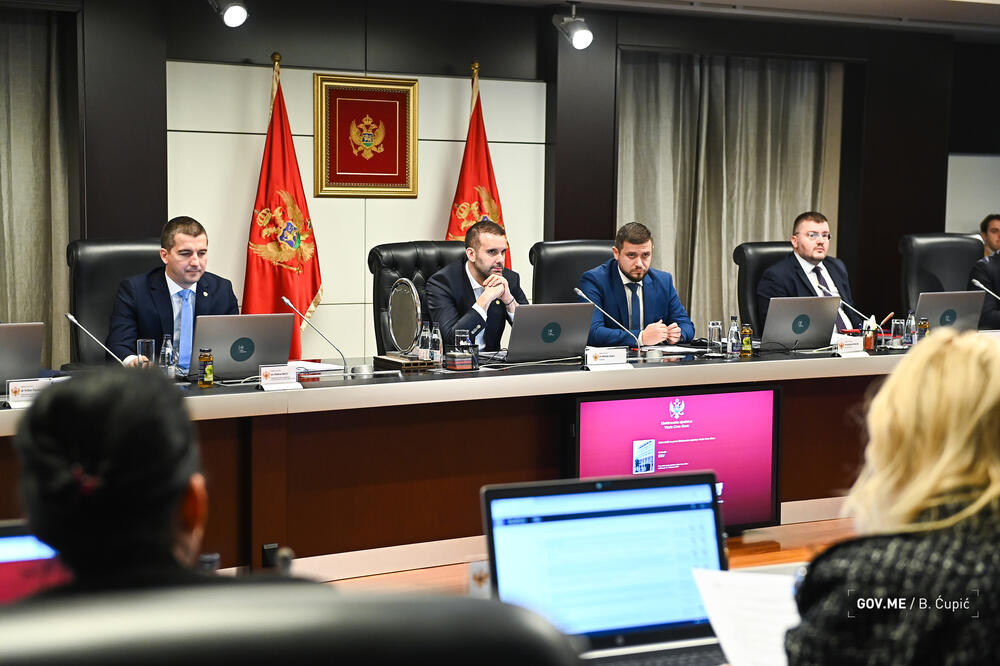
To comprehend the political landscape of Montenegro, it is crucial to understand its political system. Montenegro operates as a parliamentary republic, with a political structure consisting of three branches: the Executive, the Legislative, and the Judicial. These branches should work together to maintain the functioning of the state, uphold the rule of law, and safeguard the rights and interests of the Montenegrin people.
The Constitution: The Bedrock of Montenegrin Politics
At the heart of Montenegro's political system lies the Constitution, which provides the framework for the country's governance. The Constitution of Montenegro, officially adopted on October 22, 2007, outlines the basic principles of the state, the rights of citizens, and the organization of powers. It serves as the supreme legal act and the foundation of the political system, and it was founded on June 3, 2006, during the country's declaration of independence from the state union of Serbia and Montenegro in May of that year, after a referendum held in May of the same year.
One of the key aspects of the Montenegrin Constitution is the guarantee of human rights and freedoms. Montenegro is committed to upholding the principles of human rights, including freedom of speech, freedom of assembly, and the right to a fair trial. The Constitution enshrines these rights, wiht idea to ensure that the government respects and protects the fundamental liberties of its citizens.
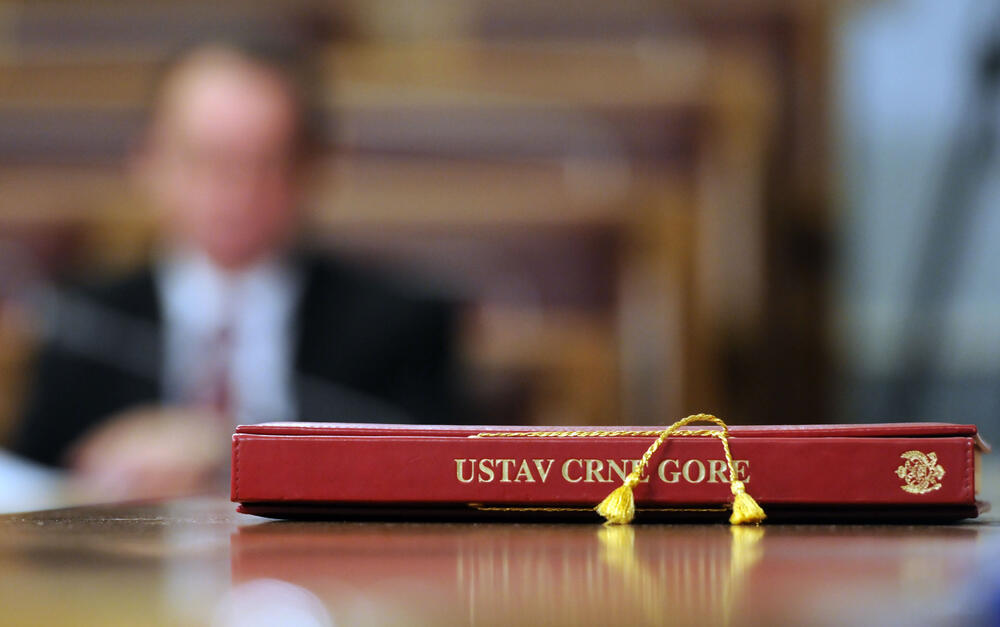
Structure of the Executive Branch
The Executive Branch of Montenegro comprises the President, the Prime Minister, and the Government, collectively responsible for the implementation of state policies, decisions, and administration of the country.
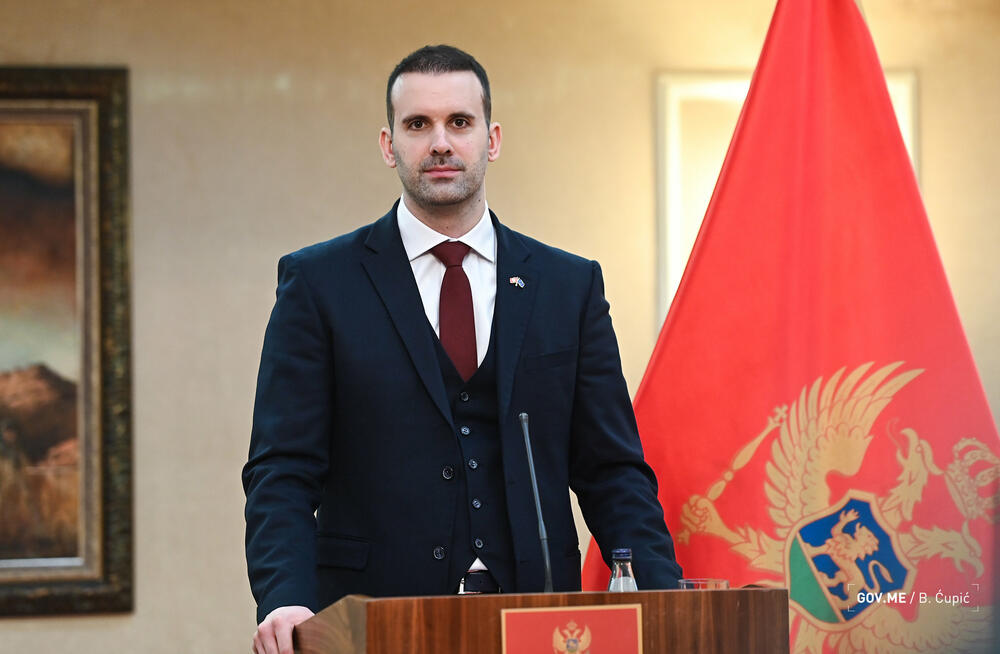
At the head of the Executive Branch is the Prime Minister of Montenegro. The formal head of state is the President that represents the unity of the country. The President holds the power to propose to the Prime Minister, call parliamentary elections, and dissolve the Parliament (in mostly ceremonial procedure and action). Additionally, the President appoints ambassadors, confers state decorations, and has the authority to pardon individuals.
The Prime Minister, on the other hand, serves as the head of the Government, leading the executive arm of the state. The Prime Minister is responsible for implementing the domestic and foreign policies of the state, as well as coordinating the work of the ministries and government agencies. The government, led by the Prime Minister, exercises the executive authority, ensuring the administration of the state and the execution of laws. The Prime Minister plays a crucial role in the decision-making process, policy formulation, and the overall governance of the country.
The government of Montenegro, under the leadership of the Prime Minister, consists of ministers who oversee specific areas of governance, such as finance, defense, healthcare, and education. These ministers are responsible for proposing legislation, drafting the state budget, and representing the country in international relations. The government's functions encompass the implementation of laws, making administrative decisions, and managing state affairs.
Role and Responsibilities of the President
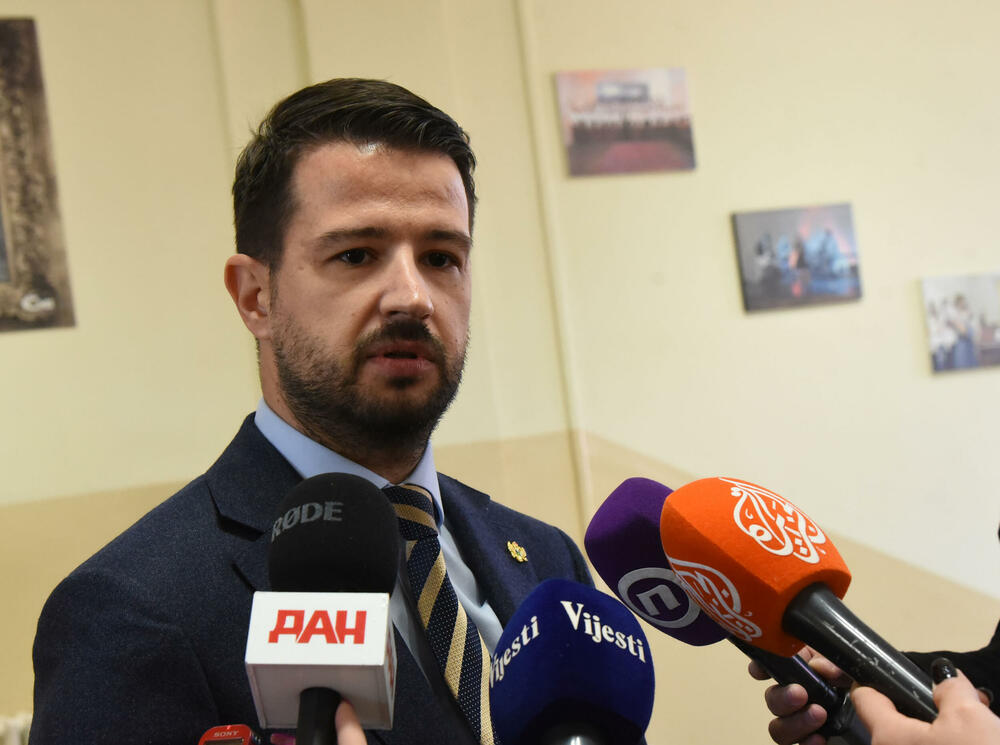
The President of Montenegro serves as the head of state and the commander-in-chief of the armed forces, representing the nation domestically and internationally. With the authority to propose the Prime Minister, call parliamentary elections, and dissolve the Parliament, the President plays a big role. Additionally, the President appoints ambassadors, confers state decorations, and holds the power to grant pardons. He draws additional legitimacy through being appointed through elections.
The Government and its Functions
The governance structure in Montenegro plays a pivotal role in the country's administration and decision-making processes. It comprises appointed ministers responsible for specific areas like finance, defense, and healthcare. Their duties encompass proposing legislation, formulating the state budget, and representing the nation in international relations. The government focuses on bolstering economic development, social welfare, and safeguarding the rights of Montenegrin citizens. Moreover, it is instrumental in ensuring the efficient provision of public services, upholding legal regulations, and driving overall national progress.
The Prime Minister's Influence
The Prime Minister in Montenegro plays a pivotal role in the political system, being voted by the Parliament and holding significant powers. Their influence extends to shaping foreign policy and maintaining relations with neighboring countries. The relationship between the Prime Minister and the President of Montenegro is important, often impacting decision-making processes Notable actions and decisions made by past Prime Ministers have left a lasting impact on the country's political landscape, reflecting the dynamic nature of their influence.
Delving into the Legislative Branch
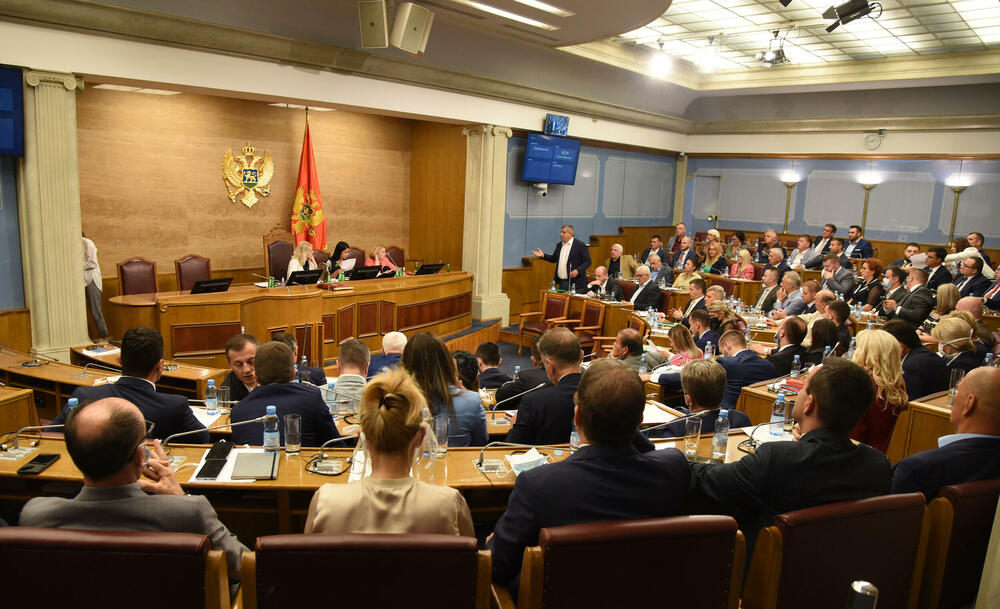
The Parliament plays a crucial role in Montenegrin politics. It is responsible for legislative functions and oversight of the government. The political parties in Montenegro hold significant influence within the Parliament, impacting policymaking and governance. Understanding the dynamics of the Parliament is essential to comprehend the legislative framework and decision-making processes in Montenegro's political landscape.
The Role of the Parliament
The unicameral legislative body of Montenegro comprises 81 members and holds significant responsibilities such as passing laws, approving the state budget, and overseeing government activities. Elected by proportional representation for a four-year term, these members play a crucial role in shaping the legislative landscape. Moreover, the President proposes the Prime Minister, subject to Parliament's approval, making it a powerful entity in Montenegrin politics. Additionally, the Parliament holds the authority to initiate impeachment proceedings against high-ranking officials, ensuring transparency and accountability within the government.
Importance of Political Parties
In Montenegro, political parties play a critical role in shaping public policy and making decisions that directly impact citizens. Understanding the various political parties and their stances on important issues such as healthcare, education, and the economy is crucial for citizens to make informed choices during elections. Additionally, political pluralism and participation are essential for a healthy democracy, ensuring that all citizens have full political rights and electoral opportunities. By familiarizing themselves with the political landscape, citizens can actively participate in the political process and hold elected officials accountable, ultimately contributing to a more engaged and informed electorate.
Recent Developments and EU
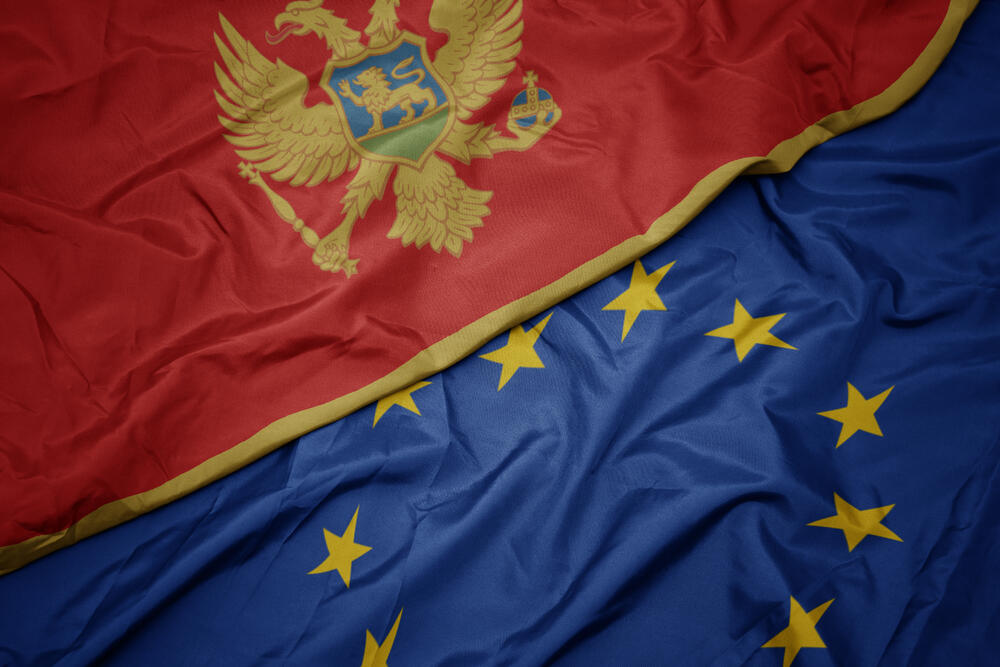
In recent years, Montenegro has marked significant political developments, shaping its future trajectory. The country's accession to the European Union remains a focal point, influencing governmental policies and public discourse.
Moreover, Montenegro's geopolitical significance is underscored by its strategic positioning along the Adriatic Sea, impacting its foreign relations and regional collaboration. In August 2020, Milo Đukanović's DPS narrowly lost the parliamentary election after having led the country for 30 years.
Some claim that Đukanović's leadership has been marked by his commitment to Montenegro's Euro-Atlantic integration, leading the country towards NATO membership and fostering closer ties with the European Union. However, his regime has been considered as a hybrid regime, in which Montenegro saw a massive increase in corruption, criminal, and attacks on freedom of speech.
Widespread corruption and nepotism, followed by enslavement of institutions to personal and party interests marked his long tenure in positions of power, as well as alleged ties with organized crime.
In the Newest election in 2023, new government was formed with Milojko Spajić as Prime minister.
Impactful Political Events
Montenegro's political history is marked by numerous impactful events that have significantly influenced its trajectory. From pivotal elections to key policy decisions, these events have been instrumental in shaping the country's political landscape. Reflecting on these occurrences provides valuable insights into Montenegro's political evolution and helps contextualize the current political climate. The impact of these events extends beyond national borders, resonating with neighboring countries and international organizations such as the European Union. Understanding the profound influence of these events is crucial for comprehending the complexities of Montenegro's political dynamics and its implications for the broader European context.
Current Trends in Montenegrin Politics
Several prevalent dynamics are impacting Montenegro's political landscape, offering valuable perspectives on ongoing developments. Understanding these trends is crucial for gauging the state of politics and gaining insights into prevalent sentiments and priorities. Identifying and analyzing these trends is essential for political observers and stakeholders, enabling them to stay informed and make well-informed assessments. The analysis of current trends provides a comprehensive view of the political climate and helps in foreseeing potential changes. As numerous factors continue to shape Montenegro's politics, staying updated on current trends is pivotal for anyone interested in the country's political environment.
Montenegro's Judicial Branch
The Montenegrin Judicial Branch is supposed to play a crucial role in the country's political system, upholding the rule of law and ensuring justice. With a structured court system, it serves as the cornerstone of legal proceedings and dispute resolution. The courts' significance is further amplified by their interpretation and application of the Constitution, ultimately influencing the country's legal landscape. Additionally, the judicial branch oversees key legal landmarks, shaping the legal framework that impacts various aspects of Montenegrin society. Furthermore, understanding the role of the courts is essential for comprehending the dynamics of Montenegro's political structure and its implications on governance and society.
Subdivisions in Montenegro
Montenegro comprises 25 municipalities, each with its local government responsible for local utilities and economic development.
Role of Local Governments
Local governments in Montenegro are vital for community development and administration, addressing the day-to-day needs and concerns of their respective regions. Understanding their functions and responsibilities is crucial for grassroots governance and the effective implementation of policies and services at the community level. Their role is instrumental in fostering effective governance and public representation, contributing to the overall well-being of the citizens.
Interaction between Central and Local Government
The partnership between the central and local government is vital for a well-functioning state. At the grassroots level, the local government's role in executing policies and programs is indispensable. Effective delivery of public services relies on the collaboration between the central and local governments. Understanding this interaction offers insight into the governance structure, providing a comprehensive understanding of the political landscape. Comprehending the dynamics of this relationship is crucial for a holistic view of the political landscape.
How does the Montenegrin Political Landscape impact Foreigners?
The Montenegrin political landscape has a significant impact on foreigners. Visitors can experience the effects of the political climate, which may influence their overall experience. Additionally, understanding the work environment and knowing what to expect when living in Montenegro are important aspects affected by the political landscape.
Impact on Visitors

Political developments in Montenegro have a significant impact on the overall experience of visitors and tourists. The political landscape can influence tourism, infrastructure, and the general atmosphere for visitors. Understanding the political context provides valuable insights for those planning to explore Montenegro. Moreover, the political climate directly affects the safety, accessibility, and appeal of Montenegro as a tourist destination. The ancient fishing village of Sveti Stefan, now transformed into a luxury resort, is a prime example of how political decisions can shape the tourism industry in Montenegro. Visitors need to consider the political landscape, including the impact of developments on popular tourist destinations like Sveti Stefan, to gain a holistic understanding of their experience in Montenegro. By staying informed about the political situation, visitors can make more informed decisions and have a more enriching travel experience in the country.
Understanding the Work Environment
The work environment in Montenegro is directly influenced by the political landscape, impacting business operations and regulations. Professionals in Montenegro need to understand the political context to navigate the corporate landscape effectively. The legal, economic, and regulatory framework of the work environment is shaped by the political climate, affecting market dynamics and investment opportunities. Comprehensive knowledge of the political landscape enhances professionals' adaptability and decision-making in Montenegro, making it essential for them to stay informed about the ever-changing political factors that influence the business environment.
Living in Montenegro: What to expect?
Living in Montenegro offers a unique experience shaped by its political landscape. From socio-cultural influences to economic factors, the political climate affects various aspects of life. Prospective residents should be aware of these dynamics to make informed decisions about living in Montenegro.
How is the Political Climate Shaping the Future of Montenegro?
The future of Montenegro is heavily influenced by its political climate, which determines policy reforms, governance structures, and national priorities. Understanding this climate provides insights into potential opportunities and challenges for the country's development. Stakeholders invested in Montenegro's future must anticipate the impact of its political landscape.
Bonus video:





